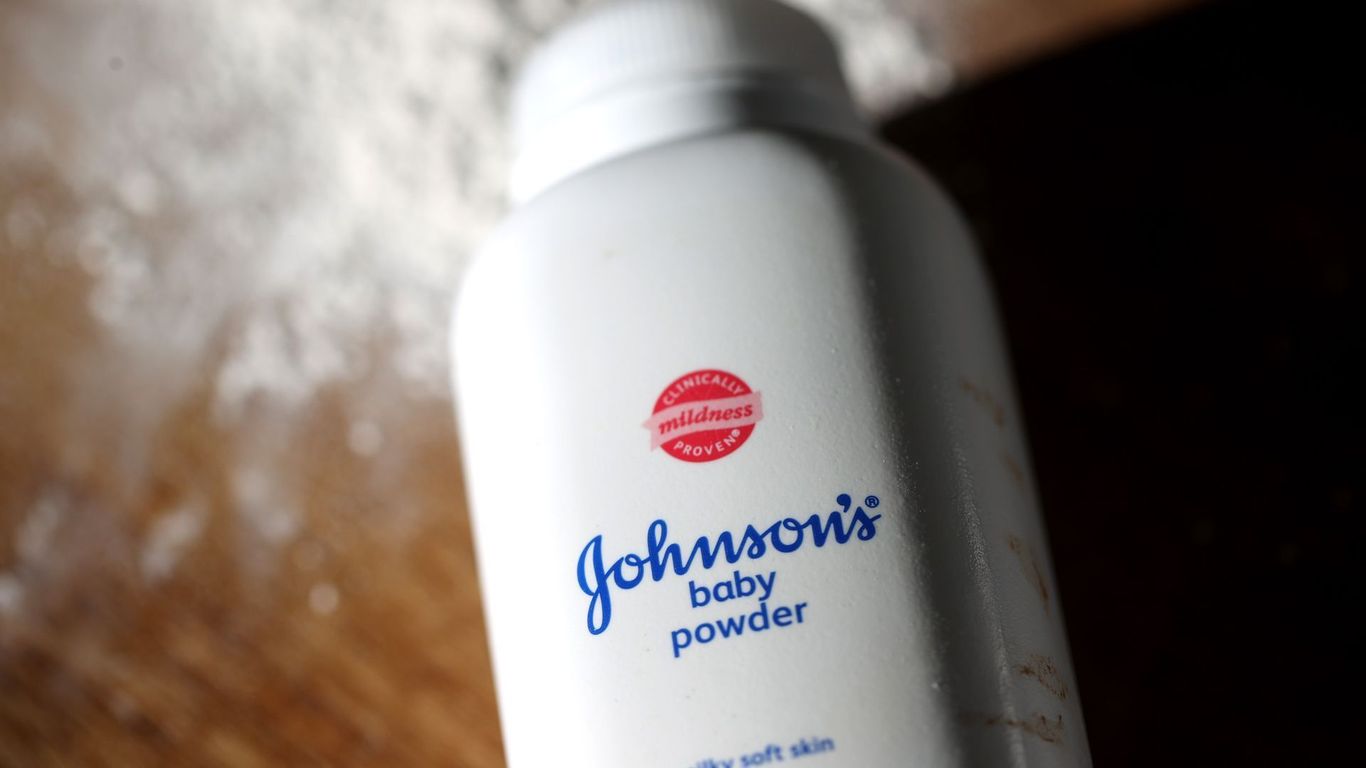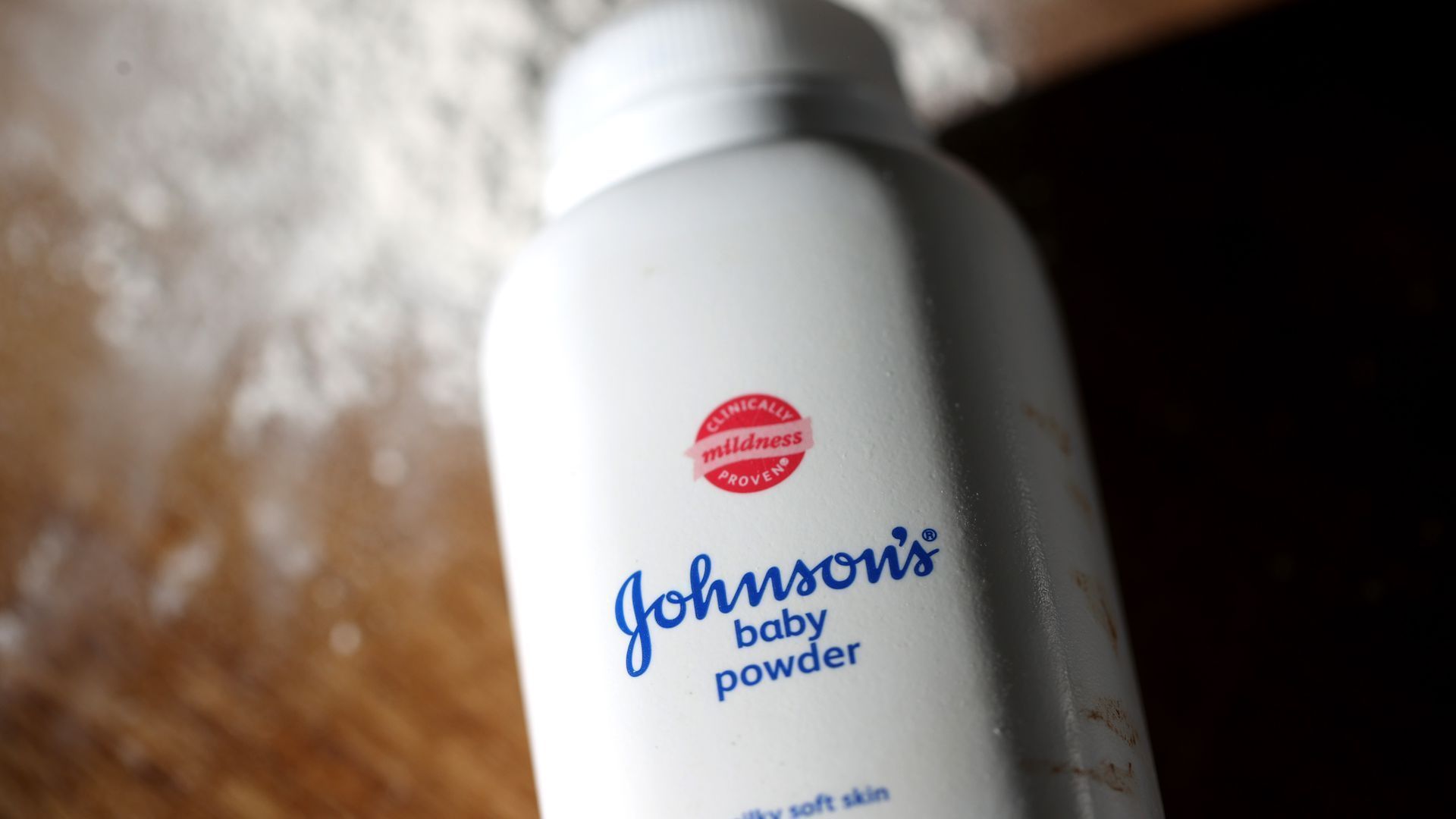
Johnson & Johnson, a leading healthcare company, has proposed a new settlement worth $6.5 billion over 25 years to resolve tens of thousands of lawsuits alleging that its talc-based baby powder caused ovarian cancer. The company maintains that its products are safe and do not contain asbestos, but courts have rejected two previous attempts to resolve the lawsuits through bankruptcy filings.
The proposed settlement would cover about 99.75% of the pending talc lawsuits against Johnson & Johnson and its affiliates in the US. The company discontinued sales of its baby powder in North America in 2020 and worldwide in 2023, but continues to sell a cornstarch-based formula.
The settlement comes as Johnson & Johnson faces over 34,000 lawsuits linking its baby powder to ovarian cancer and other illnesses. Talc is a naturally occurring mineral that can appear alongside asbestos in mines, and investigations have found that Johnson & Johnson worried about the presence of asbestos in its talc for decades but worked to keep the information from the public.
The deal would allow Johnson & Johnson to resolve all current and future ovarian cancer claims against its products. The company has prevailed in 95% of ovarian cases tried to date, including every case tried over the last six years. However, some large verdicts have been awarded to plaintiffs, including a $2.12bn award in favor of 22 women who blamed their ovarian cancer on asbestos in Johnson & Johnson talc.
Johnson & Johnson maintains that its products do not cause cancer or contain asbestos, but the lawsuits allege otherwise. The company has recorded an incremental charge of $2.7bn in the first quarter of 2024 to account for recent talc-related settlements.
The proposed settlement would be a significant step towards resolving these long-standing lawsuits, but it remains to be seen whether it will receive the necessary approvals from claimants and courts. The company continues to defend itself against the remaining lawsuits while trying to gather votes on the settlement.



